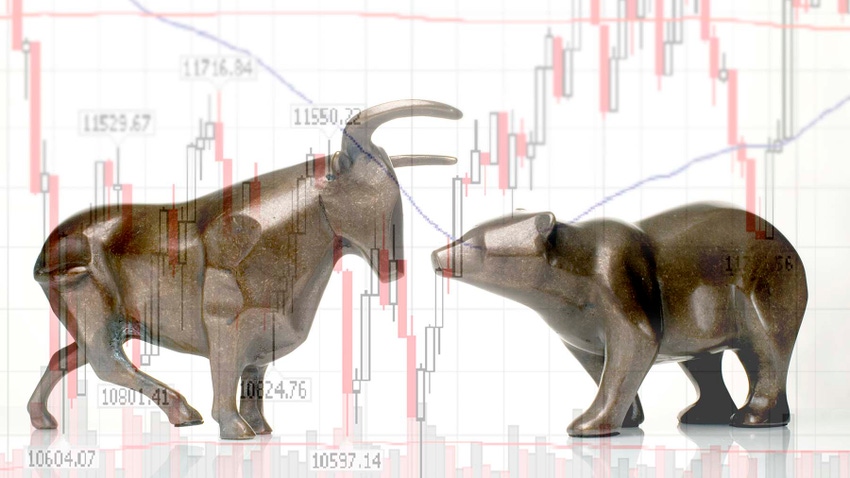
Commodities have been in a bull market for three straight years. This is no secret to anyone who sells grain. While the last three years have been great for farmers, eventually the party has to end.
One commonality I see with grain marketing is a reluctance to acknowledge that things can change. When times are great, most believe the trend will continue. When times are bad, you never expect it to get better. This phenomenon is called confirmation bias.
Confirmation bias is the tendency to interpret new evidence as confirmation of one’s existing beliefs or theories. And I hear examples of confirmation bias every day while making calls: Isn’t South America still dry? What about the war in Ukraine? This war will be a year old this Friday. How much more can the market be shocked by its existence?
It's easy to view the markets with rose colored glasses. And after the last three years, it’s easy to feel good about grain prices. But those who lived through 2008 know that the good times bring their share of problems.
The good times will end
After the 2008 bull run, we saw input costs skyrocket to cut into healthy margins. Some bushels had to be sold at a loss in the years after. If you didn’t take advantage of what the market gave you in the good years, the bad years that followed proved challenging.
Those who lived through the 80s know the problem with rising interest rates. There’s one big difference between the 80s and today though; the cost of everything you must buy to operate your farm. Back in the 80s your father had to pay 15%, 18%, maybe even 20% on his operating note.
Fortunately, rates aren’t quite that high. But the cost of doing business is much higher than in the 80s, so the cost of financing is greater. To assume that what worked in the past will work for you in an ever-changing environment is to be guilty of confirmation bias.
“Based on the current rate for an average operating note, the annual interest expense for a hypothetical midsize grain farm in the Midwest would total about $15 an acre, or two bushels corn at current prices.” according to the Ag Finance Update by the Kansas City Federal Reserve Bank.
Over the last three years, prices have been able to support higher fertilizer costs, higher seed costs, higher fuel costs as nearly all input costs have risen with grain prices. Now we have sharply higher financing costs.
Prioritize your strategy
So, what does this all mean for you and your farm? It means you will likely have to be more forward thinking about selling your grain. The days of cheap and easy money are over. And the store and ignore marketing strategy that has worked will now be a costly gamble.
Store and sell decisions are different for every farm and for every year. But with the added cost that comes with higher interest rates, you now need the market to rally more to cover this higher cost.
With the right tools and guidance, there are options that allow you to avoid the cost of storing grain and paying interest while still giving yourself upside to potential market rallies. This may require more forward thinking and changes to your past marketing strategies. But in a changing environment, change is often necessary.
Contact Advance Trading at (800) 747-9021 or go to www.advance-trading.com.
Information provided may include opinions of the author and is subject to the following disclosures:
The risk of trading futures and options can be substantial. All information, publications, and material used and distributed by Advance Trading Inc. shall be construed as a solicitation. ATI does not maintain an independent research department as defined in CFTC Regulation 1.71. Information obtained from third-party sources is believed to be reliable, but its accuracy is not guaranteed by Advance Trading Inc. Past performance is not necessarily indicative of future results.
The opinions of the author are not necessarily those of Farm Futures or Farm Progress.
About the Author(s)
You May Also Like






